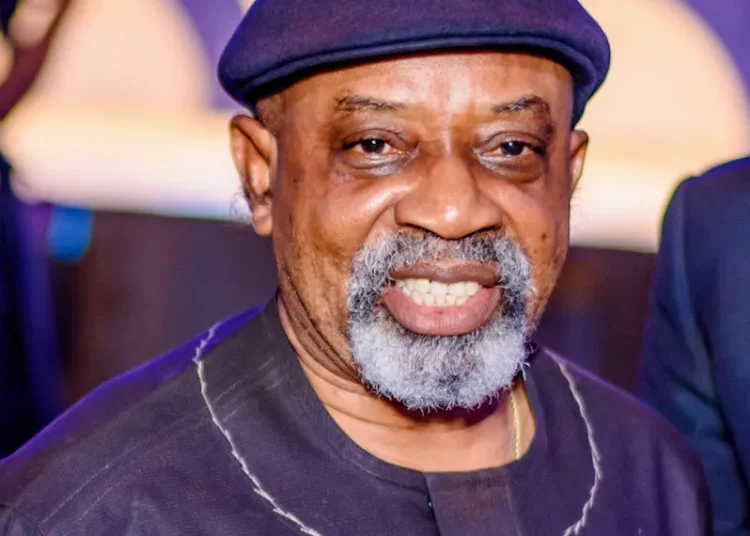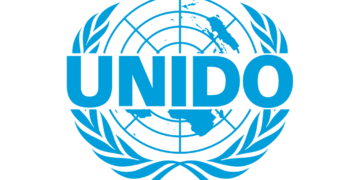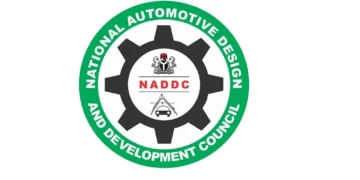Federal government has said that its face-off with the university-based unions will soon be resolved and academic activities resume in earnest.
The minister of Labour and Employment, Dr Chris Ngige, who disclosed this yesterday to State House correspondents after the Federal Executive Council (FEC) meeting which was presided over by President Muhammadu Buhari at the Presidential Villa, said the government was interested in seeing the students back to school.
According to Ngige, the government has summoned all the relevant agencies including the National Information Development Agency (NITDA) to brief it on the progress made in resolving the contentious issues which led to the ongoing strike by the four university-based unions.
He said the meeting on Thursday is expected to look at the progress report by the relevant bodies handling the crisis including NITDA on how far it has gone with the integrity test on the University Transparency and Accountability System (UTAS) which was proposed as an alternative platform by ASUU and the University Peculiar Personnel and Payroll System (U3PS), proposed by SSANU and NASU.
Ngige said he was waiting for the report of the Tripartite Plus Committee comprising the Ministry of Education, the chief of staff, Salaries and Wages Income Commission, the National University Commission as well as the striking unions.
He also denied the allegation that the government was planning to create a different payment table for the Academic Staff Union of Universities.
Asked what the government was doing to ensure that universities were re-opened, he said, “It will be resolved very soon. It will be resolved very soon.”
Explaining how far he has gone as the conciliator to broker truce between the government and the striking unions, Ngige said, “The Ministry of Labour and Employment, our role in trade disputes, as enunciated in the Trade Disputes Act, is to conciliate. And in doing that, we can appoint an outside arbitrator, and pay. We can conciliate inside there and I will appoint whoever, the director in charge of trade union services, the permanent secretary or my minister of state, or myself.
ASUU Strike: Federal Govt Denies Planning Different Payment Platform
“But I have always decided to conciliate it by myself, because I have a better grasp of the situation, in that I’ve stayed in the ministry for about seven years now. So I’m even older, on the beat than even my director of training and services, not to talk about the permanent secretary, and even my minister of state.
“So, our role is to arbitrate. We don’t take sides, even if it’s the government that is wrong, we will now tell them and ask them to go and do XYZ and come back. If it is the trade unions that are making excessive demands, we will also tell them and find a middle ground for both the employer and the employee. That is what we adopt. And if you go down memory lane, you will see that we have conciliated a lot of disputes about 3,000 plus in my ministry, and they were successfully done.
“Very few cases were referred out as in that particular law, to the industrial arbitration panel, which is another organ of dispute resolution, or the law also permit me by section 14 that I can transmit it direct to National Industrial Court of Nigeria when I feel, in my own opinion, that the parties to the dispute do not want to conciliate or one has refused my conciliation and then I’m forced to do so.
“So, to answer your question directly now…ASUU went on strike by 14th of February, we call Valentine’s Day lovers day. By 21, I cut short my trip to an African session conference held in Botswana. And we held conciliation on the 21st of February with the employers, the Ministry of Education and the National Universities Commission (NUC).
“As the issue is bordered on money, remunerations, welfare, we did another conciliation meeting inviting the Ministry of Finance, Budget Office of the Federation, National Salaries, Incomes and Wages Commission and again, with their employers on the first of March.
“After that, it became clear that two cardinal things were still keen: the issue of renegotiation of their welfare package, as in the 2009 agreements. That agreement says you can review every five years. So that issue stuck out like a sore thumb.
“Then another issue arose in that agreement, the payment platform of University Transparency, Accountability Solution, which they say they’ve invented. They said they don’t want to be on IPPIS, that IPPIS was amputating their salaries and taking off certain allowances. And so that it is not capturing their peculiarities.
“So, two agencies are involved. The direct employer and university council, on one side. Salaries, incomes and Wages Commission and Finance.
“Because the remuneration, the welfare package we’re talking about, involves more funds on the side of the government, two broad agencies are involved. There is also the payment platform, Ministry of Communication and Digital Economy, and there are parastatals, the NIDTA, which approves every new portal or any digital platform we want to use in Nigeria now, especially in public service.
“ NITDA has undertaken to look at that platform, and see if that platform can be useful and beneficial to the government. No employee or worker can dictate to his employer how he or she will be paid. There are principles at work. But the government gave this privilege in consonant with the Executive Orders three and five, for local content development, and I support it.
“NITDA on their own was doing their test. And when NITDA gave their preliminary results, they said user acceptance was the one that they passed. But the whole thing is a total package of vulnerability, and stress test. Vulnerability, whether this platform or this system can be hacked into, without difficulty or stress, how many people can it carry.
“ We now have to ask them to go back to these places, form committees with them. Education took them on the issue of 2009 agreement, which is renegotiation of their condition of service, emolument their remuneration allowances. Therefore, salaries, income and wages of the Ministry of Finance that produce the money are involved. So they went back.
“That’s where they are, what we call a tripartite plus meeting, based on the presidential directive that the Chief of Staff, myself, finance, education, find the solution.




